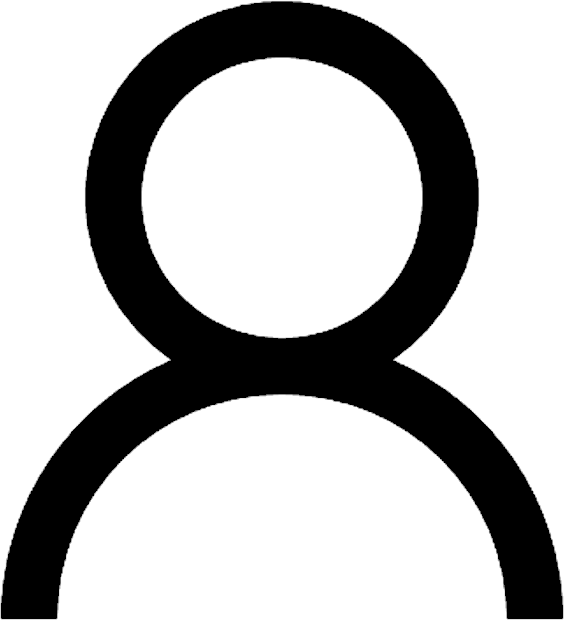Being able to parent is a blessing, and learning how to parent is always something people go through. This happens even when their kids are older. It’s just a never-ending process of hows, whys, and whats.
So you could imagine the debates and opinions that are involved with the subject of parenting or how to be a good one.
Breastfeeding has always been one of those things that if you don’t do it with your child, you would be ridiculed. There are people who believe it’s unnecessary or that it’s bad, or don’t do it because of certain complications.
Whether you’re a believer in breastfeeding or not, here are some breastfeeding benefits for both mom and baby so you could make up your own mind.
Stronger Bones
Women who breastfeed have a lower risk of postmenopausal osteoporosis. “When a woman is pregnant and lactating, her body absorbs calcium much more efficiently,” infant-nutrition expert Ruth A. Lawrence, M.D., a professor of pediatrics and OB-GYN at the University of Rochester School of Medicine and Dentistry explains.
“So while some bones, particularly those in the spine and hips, maybe a bit less dense at weaning, six months later, they are denser than before pregnancy.”
Lower SIDS risk
Breastfeeding lowers your baby’s risk of sudden infant death syndrome by about half.
Breastfeeding can protect your baby from developing allergies
Babies who are fed a formula based on cow’s milk or soy tend to have more allergic reactions than breastfed babies.
Scientists think that immune factors such as secretory IgA (only available in breast milk) help prevent allergic reactions to food by providing a layer of protection to a baby’s intestinal tract.
Without this protection, inflammation can develop and the wall of the intestine can become “leaky.” This allows undigested proteins to cross the gut where they can cause an allergic reaction and other health problems.
Babies who are fed formula rather than breast milk don’t get this layer of protection. They’re more vulnerable to inflammation, allergies, and other eventual health issues.

Reduce Disease Risk
Middle ear infections: 3 or more months of exclusive breastfeeding may reduce the risk by 50%, while any breastfeeding may reduce it by 23%.
Respiratory tract infections: Exclusive breastfeeding for more than 4 months reduces the risk of hospitalization for these infections by up to 72%
Gut infections: Breastfeeding is linked with a 64% reduction in gut infections, seen for up to 2 months after breastfeeding stops
Childhood leukemia: Breastfeeding for 6 months or longer is linked with a 15–20% reduction in the risk of childhood leukemia
Breast milk promotes a healthy weight
Breastfeeding promotes healthy weight gain and helps prevent childhood obesity.
Studies show that obesity rates are 15–30% lower in breastfed babies, compared to formula-fed babies
The duration is also important, as each month of breastfeeding reduces your child’s risk of future obesity by 4%.
This may be due to the development of different gut bacteria. Breastfed babies have higher amounts of beneficial gut bacteria, which may affect fat storage.
Babies fed on breast milk also have more leptin in their systems than formula-fed babies. Leptin is a key hormone for regulating appetite and fat storage.
Breastfed babies also self-regulate their milk intake. They’re better at eating only until they’ve satisfied their hunger, which helps them develop healthy eating patterns
It’s cheap
According to La Leche League International, the cost of formula can range anywhere from $134 to $491 per month. That’s $1,608 to $5,892 in one year!
Better healing post delivery
The oxytocin released when your baby nurses help your uterus contract, reducing post-delivery blood loss. Plus, breastfeeding will help your uterus return to its normal size more quickly. This will happen at about six weeks postpartum, compared with 10 weeks if you don’t breastfeed.
A great way to learn your baby
“You have to read your baby’s ‘satiety cues’ a little better. Unlike with a bottle, you can’t see how much he’s eaten,” says Heather Kelly, an international board-certified lactation consultant in New York City.
“You have to rely on your own instincts and your baby’s behavior to know when your baby is full.”
Tell us what other benefits breastfeeding has for mom and/or baby!

 Log in
Log in
